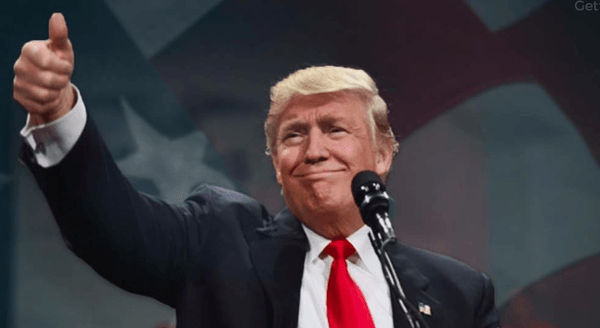On Monday, June 26, 2017, the Supreme Court of the United States agreed to permit a limited version of the President’s revised travel ban, opening the door to greater executive power with immigration matters. According to The New York Times’ Adam Liptak, “Mr. Trump’s revised executive order, issued in March, limited travel from six mostly Muslim countries for 90 days and suspended the nation’s refugee program for 120 days.” The order expressed addressing perceived gaps in government screening and vetting processes.
In January, when Trump’s first executive order regarding the ban went into effect, chaos ensued. Leaving travelers from the prohibited countries stranded or forced to go back to their native countries, the travel ban sparked the action of civil rights lawyers who rushed to airports and federal courts in order to fight back against this severe injustice. “The U.S. Court of Appeals for the 9th Circuit eventually said the order could not be implemented, infuriating the president, who said he would take the case to the Supreme Court (Barnes, 2017)."
Critical portions of the revised executive order were blocked by two federal appeals courts, but after urging by the Trump administration for the case to still move forward, the court permitted part of the request.
The Supreme Court decided that those with bona fide ties or connections to the United States would not be disallowed to enter the country, whereas those applying for visas who have never been to the United States or have no family or business in the country could be prohibited.
Justice Clarence Thomas, joined by Justices Samuel A. Alito Jr. and Neil M. Gorsuch, dissented the case, arguing that they would have simply recovered the travel ban as a whole because the revised plan would add further difficulties to executive officials in requiring them to distinguish between those with relations and those without relations (Liptak, 2017). Moreover, Thomas stated that, “the compromise also will invite a flood of litigation until this case is finally resolved on the merits, as parties and courts struggle to determine what exactly constitutes a ‘bona fide relationship,’ who precisely has a ‘credible claim’ to that relationship, and whether the claimed relationship was formed ‘simply to avoid’ the executive order.” Further review of this case will occur in the fall, but until then, the court’s decision will remain.
According to Washington Post writer Robert Barnes, “Trump said last week the ban would go into effect 72 hours after receiving an approval from the courts.” The travel ban has created major strife between President Trump and civil rights groups who believe that this is an unconstitutional act of discrimination against Muslims (Barnes, 2017). Even though Trump argues that this is necessary to strengthen the national security state, the controversy associated with the travel ban has only spurned more fear and insecurity among citizens and non-citizens alike. Furthermore, many have argued that national security is not an excuse for the President to invoke such broad powers, and many more argue that the travel ban is an impulsive decision that would be harmful, rather than helpful, to our national interests.
The President’s attempt to strengthen national security has only succeeded at pushing us further away from making any progress. Since the conception of the United States, the Constitution has come to symbolize a contrived sense of freedom for all. People may not want to accept this notion, but the neglect of marginalized communities, including people of color, women, and members of the LGBTQ community, has become a defining factor of our nation.
Moreover, as this travel ban demonstrates, intolerance and discrimination are both interwoven in the fabric of American society. Although President Trump does not represent the views of all Americans, he is in fact our leader, and therefore his actions, in a sense, become representative of us as a whole. Even though the Supreme Court believes by the time they review the travel ban in the fall, the case will probably become moot, it does not negate the fact that President Trump is surfacing deep seeded issues in our country that we need to acknowledge and fight to overcome. Do not be fooled by the word democracy. This nation has a lot of work to do in order to remotely strive for equality. And even though I do not believe complete equality will ever be attainable, I do believe that we can fight injustice enough to begin to reconstruct our national identity to encompass the beginnings of inclusivity.








































